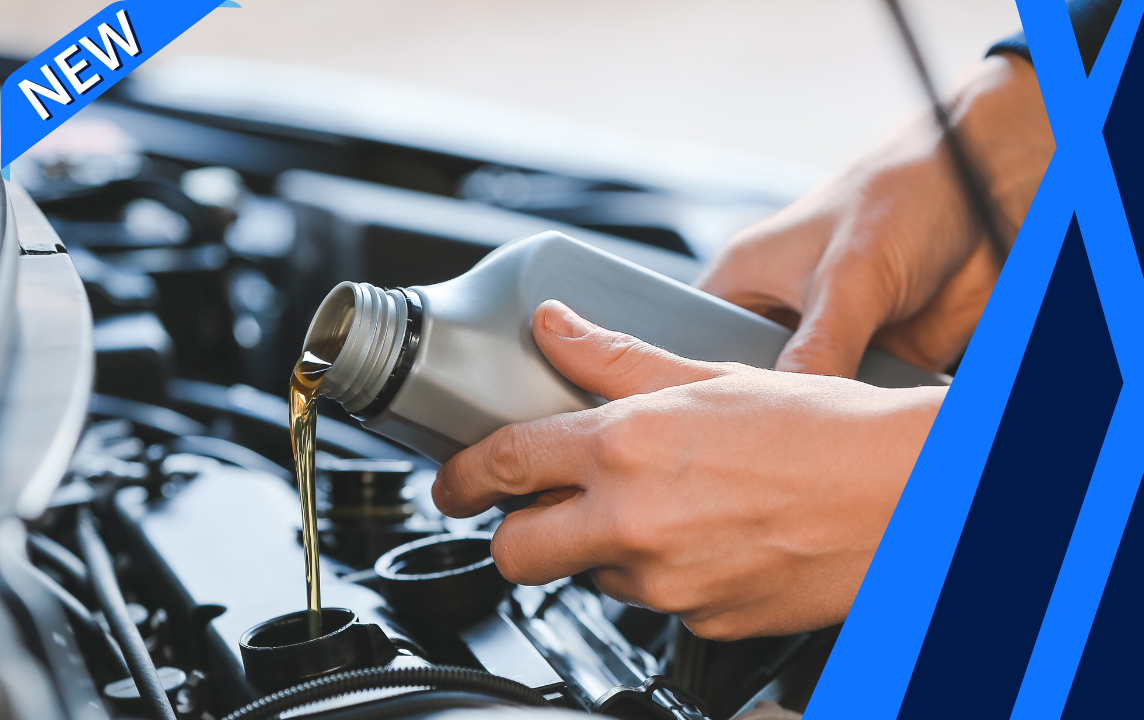Description
Loud noise is coming from rear brake Inspection
Loud noise is coming from the rear brakes Inspection Service.
Depending on the make and model you drive, you might have disc brakes on the front and drum brakes on the rear, or you could have four-wheel disc brakes. These are becoming more and more common today. However, regardless of the configuration, you should not hear a loud noise from the rear brakes. This indicates that something has gone wrong, and there are several potential culprits.
How this system works:
Your rear brakes work similar to the front brakes. The master cylinder sends pressurised fluid through the brake lines. If you have rear drum brakes, the fluid causes the actuator to push the brake shoes outward, where they press against the inside of the drum. In rear disc brakes, the fluid activates the caliper, which then squeezes the caliper between two brake pads.
This is identical to how your front brakes operate, but the pads are generally smaller than those used on the front. This is because most of the stopping power in your car is generated in the front.
However, your rear brakes are just as important as the front, and if you’re noticing a loud noise from the rear during braking, it could be several different things, depending on the type of noise and when it occurs.
Common reasons for this to happen:
Worn Brake Pads: Obviously, the most common potential problem here is worn out rear pads (or shoes if you have drum brakes). If you notice a loud grinding sound, it could be the metal backing plate from the pads making contact with the rotor.
- Broken or Missing Caliper Bolt: Your calipers are essentially two halves held together with bolts (not the slide pins). If one of the bolts is missing or broken, it’s possible that part of the caliper has popped out and is making contact with your wheel.
- Contact with the Squealer: Squealers are metal tabs designed to lightly contact the rotor and create a noise that warns you the pads are wearing down. If your pads are nearing the end of their life, it’s possible this is the noise you’re hearing.
- Parking Brake Shoes Stuck: Your parking brake is located in the rear of the car. In a disc brake setup, there are shoes situated inside the inner drum built into the rotor. If the shoes are stuck, the sound you’re hearing may be them contacting metal while you’re driving.
- Wheel Bearing Failure: If the noise you’re hearing is a “howl” and it’s constant, the first thing to suspect would be one of the wheel bearings (whichever side is the loudest while you’re driving).
- Pads Settling into Place: If the sound you’re hearing is more of a “pop” or a loud click, it might be nothing more than your brake pads being slightly worn and settling into place when you push the brake pedal.
- Normal Pad Vibration: If you only hear the noise when you’re backing up, it may be just a normal vibration caused by the pad’s friction material lightly contacting the rotor’s surface. This is called “resonant frequency”, and can occur with both disc and drum brakes.
What to expect:
A top-rated mobile mechanic will come to your home or office and will inspect your rear brakes. This inspection will include the drums and shoes or the rotors and calipers. It should also include the brake lines and other components. The mechanic will then provide a detailed inspection report that includes the scope and cost of the necessary repairs.
How it’s done:
The mechanic will inspect your rear brake pads, rotors, calipers, and brake lines. It may be necessary to remove one or both rear wheels for a visual inspection. It may also be required to test drive the vehicle if the source of the problem is not immediately apparent for the mechanic to verify any noises.
How important is this service?
The mechanic will visually inspect the rear brakes and other components that might be causing the noise you’re experiencing. It might be necessary for the mechanic to test drive the vehicle to duplicate the noise and better diagnose the problem.




